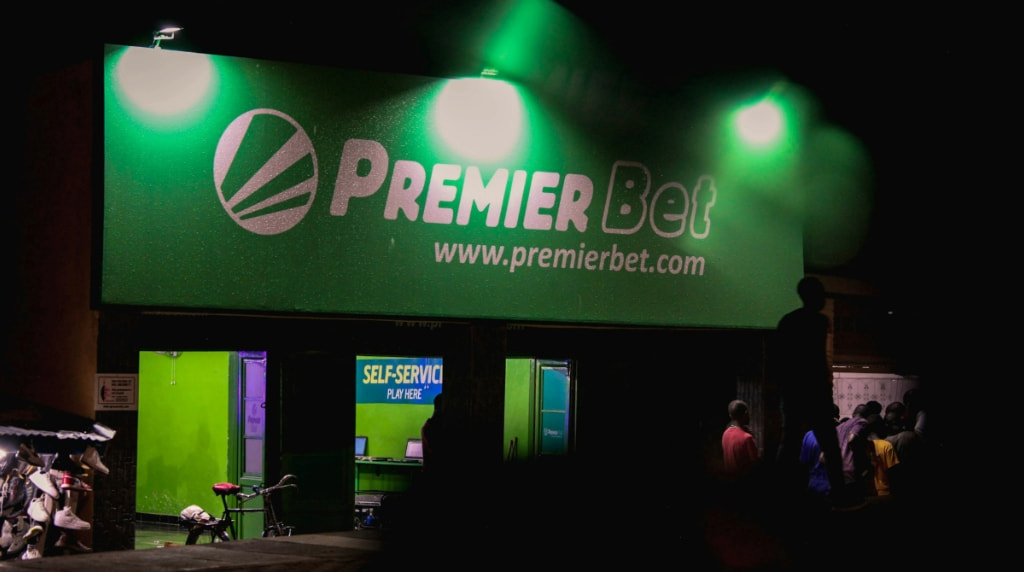50+ Gambling Sites Shared Players’ Data With Facebook
Some gambling sites have been sharing players’ details with Facebook without their consent.

Some popular brands have been involved in the data breach scandal. © LoboStudioHamburg, Pixabay
Key Facts:
- An investigation found that gambling sites have been sharing data with Facebook
- 150 sites were looked at by a reporter from The Observer
- Over a third have been sharing data without people’s consent
It’s been discovered that some gambling sites have been secretly collecting data on members and sharing it with Facebook. The social media giant has then used this data to target the members with ads and other gambling-related content.
If people don’t consent to sharing their data with Facebook, this is a clear breach of data protection laws. It appears that a lot of gambling sites have been sharing personal information with Facebook but haven’t taken the key step of asking for players’ permission first.
The Discovery of the Data Breach
An investigation carried out by The Observer looked at 150 gambling sites; this included a mix of bingo sites, online casinos and sportsbooks. It’s common practice for websites to use tracking tools to obtain data on people’s activity. However, sharing such info with other sites requires permission.
The Observer found that many gambling sites have been sharing data with Facebook without obtaining permission from the people first. It’s important to point out that it’s completely legal for a website to collect data for its marketing purposes and to see how people use the site.
Just over a third of the gambling sites The Observer looked at – 52, to be precise, used the Meta Pixel tracking tool to share players’ data with Facebook. Among these were Bwin, Sporting Index, Lottoland and Hollywoodbets. Apparently, the data was shared as soon as the Observer’s reporter loaded a page.
It even happened before a pop-up asked them whether they agreed or disagreed with their data being tracked for marketing purposes. The reporter never once agreed to have their data tracked at any of the 150 sites. However, they soon noticed a key change on Facebook.
Within a few days of starting the investigation, the reporter’s Facebook feed was dominated by ads for online casinos and other gambling sites. In just one session on Facebook, the reporter saw ads for no fewer than 49 gambling brands.
These included some brands that had been using Meta Pixel without obtaining people’s permission and some that had used it with people’s permission. The brands were a mix of well-known names, such as bet365 and Ladbrokes, along with some smaller companies.
Responses and Reactions
Meta, Facebook’s parent company, hasn’t yet commented on The Observer’s investigation. However, it did state that website operators using Meta Pixel should obtain permission from tracked people before sending their data to Facebook. In other words, the company tracking the data, not Facebook, is wrong.
The UK Gambling Commission has announced plans to curb cross-selling, where a company targets customers with ads for a different part of their business. However, the UKGC hasn’t yet confirmed whether it will clamp down on companies sharing data with others.
Even so, there’s a good chance of a crackdown of some sort on this practice. There has already been some quite vocal opposition to it. Iain Duncan Smith, the Conservative chair of a parliamentary group on gambling reform, has said the following:
The use of tools such as Meta Pixel without explicit consent seems wholly in breach of the law and should be immediately stopped. The gambling industry’s marketing practices are now out of control, and our regulatory structure and codes of practice are repeatedly shown to be inadequate. This cannot go on.- Iain Duncan Smith, Gambling reform group chair comments on unlawful data sharing, The Guardian
How Gambling Sites Have Responded
When contacted by The Observer after the investigation, some gambling sites stopped using Meta Pixel altogether. In contrast, others updated their sites to prevent members’ data from being shared with third parties. One of the sites, Bwin, said that data sharing had been caused by an internal error.
The company explained how a particular promotional page about a £20 free bet wasn’t in line with others. Anyone who visited the page would have their data shared as soon as the page loaded before they had a chance to even be asked for consent. Bwin has said the issue has been fixed.
Other companies, including Lottoland and bet365, haven’t commented on what the investigation found. Others have promised to look at their data-sharing practices and start fully complying with the law. It remains to be seen what the long-term consequences of The Observer’s investigation will be.




